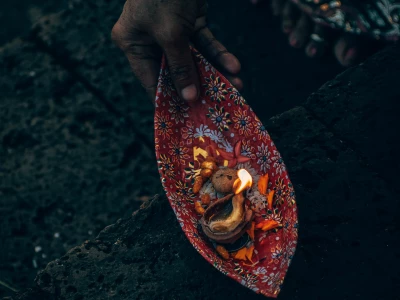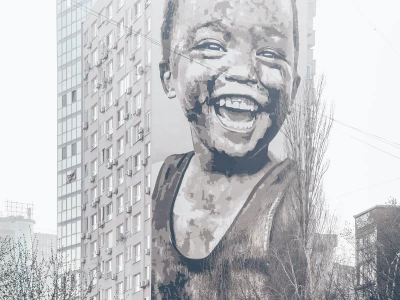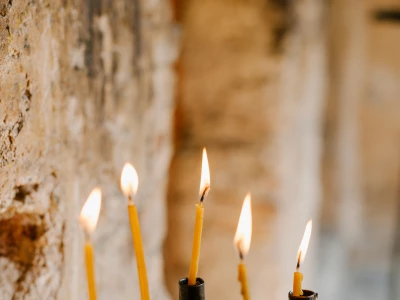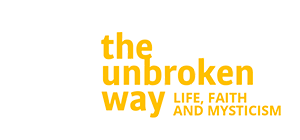Share this article
Rediscovering Fortitude For True Resilience
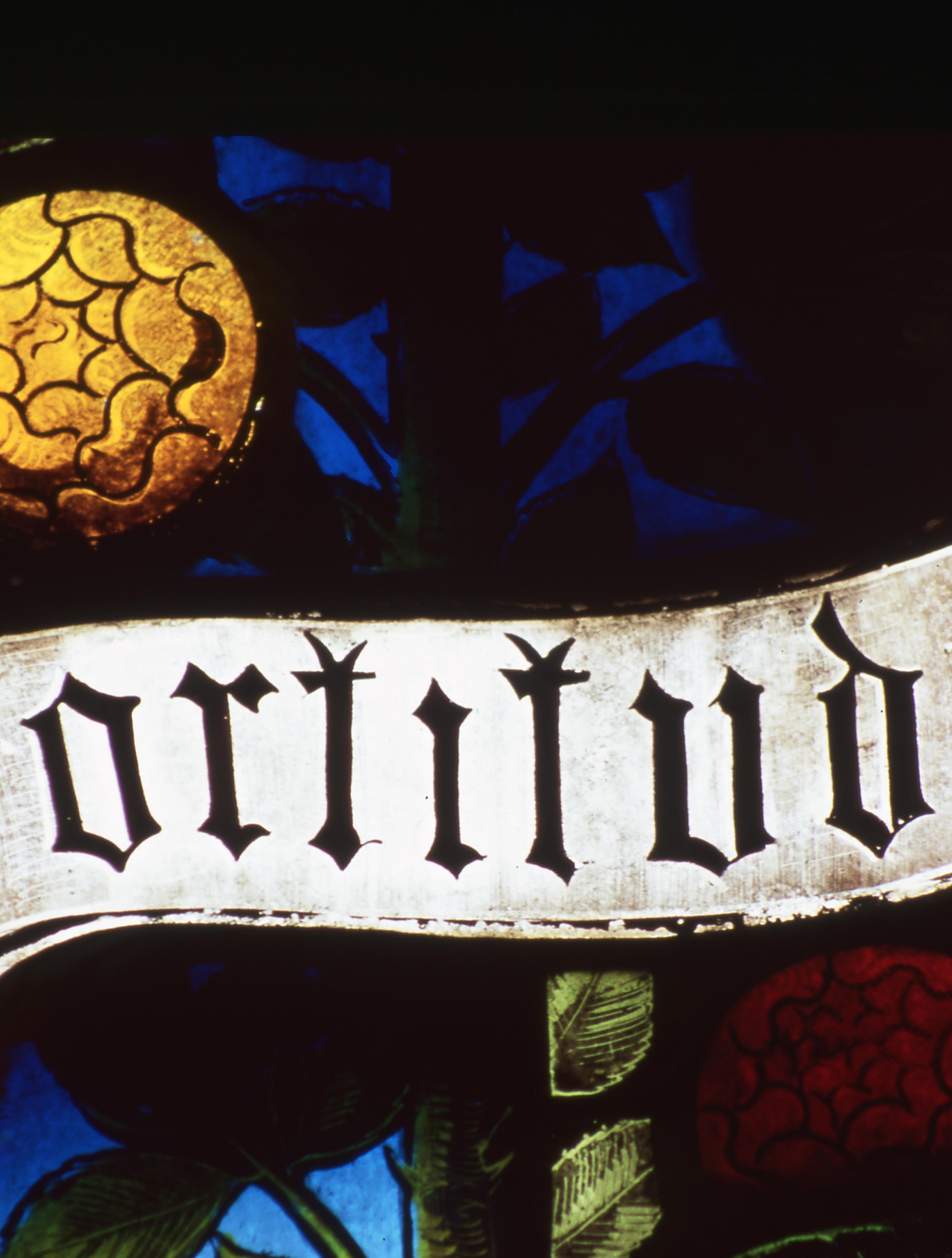
Fearless to the end
— A Short Story
One afternoon, walking briskly through the corridors of St Vincent's Hospital in Dublin, on my way to visit my late wife, Cushla, who had been diagnosed with terminal cancer, I looked into a shared room and saw a small, elderly, yet lively woman moving from bed to bed, praying over patients with one of St. Padre Pio's gloves. (The saint used to cover the stigmata on his hands by wearing gloves.) Padre Pio's stigmata refers to the permanent wounds on his hands, feet, and side that mirrored the wounds of Christ's crucifixion, which he bore for the last 50 years of his life.
Cushla and I had visited the Irish office for Padre Pio when her youngest sister, Tricia, was ill, and we had also gone, only a few months before Cushla's terminal diagnosis, to pray for her healing. On both occasions, we had been permitted to bring one of the gloves home, so I recognised them in the hands of the intriguing visitor. 'Who's that woman?' I asked a young nurse passing by.
'That's the well-known Sr. Consillio. She's the founder of Cuan Mhuire rehabilitation centres for people with addictions,' she answered. There was undeniable respect in the nurse's tone, which made me more curious about the elderly nun. I found out later that Cuan Mhuire has treated over 100,000 people since its formation in 1966,
I was well aware of Padre Pio's legendary healing powers, and because he was one of Cushla's favourite saints, I wasn't going to let this opportunity slip by. 'Would you come into the next room to bless my wife?' I asked Sr. Consillio after introducing myself.
'Of course, I'd be happy to,' she answered warmly.
She followed me into the room to meet Cushla. They exchanged pleasantries, and then the little nun said a prayer as she prayed over Cushla with the saint's glove. Cushla was delighted, and her trademark beautiful smile lit up the room. I could see an even more peaceful countenance come over her.
Alone together, Cushla whispered to me, 'It doesn't matter if I'm not cured. I can feel a great sense of peace.' Even then, after all she had endured, she was showing immense courage and faith in God's providence. I believe she knew then that it was His plan to bring her 'home'—she would not be cured in the physical sense and would die soon. Despite all this, I sensed a light, peaceful atmosphere in the room. I wasn't the only one to sense this peace surrounding Cushla: other patients and staff in the hospital also remarked on her courage and composure. But it was a particularly spiritually sensitive nurse who sensed the serenity which seemed to surround Cushla was not of this world. ' Cushla, every time I come into your room, I sense a beautiful, unearthly peace,' she said in awe.
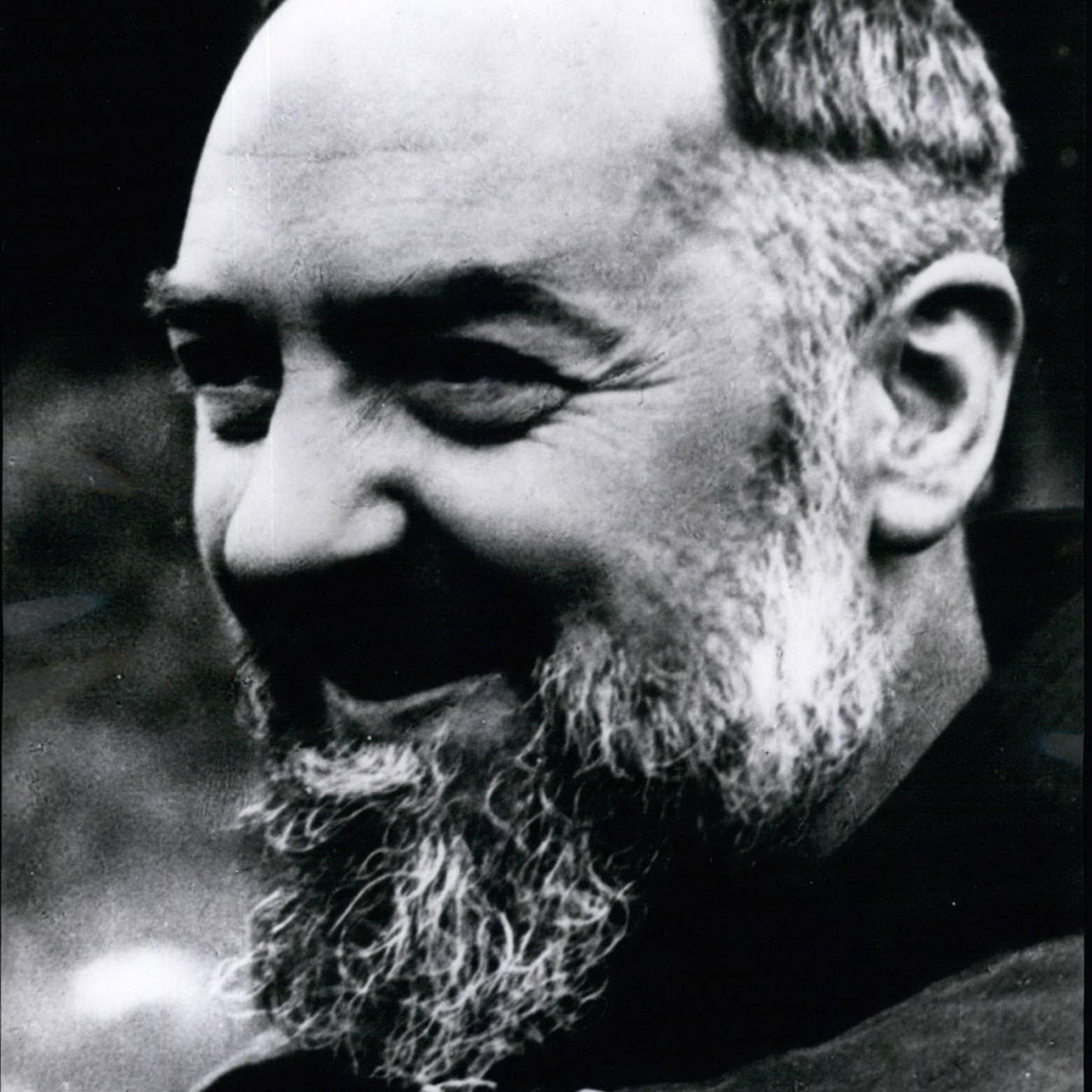
'And every day, when your heart especially feels the loneliness of life, pray.'
—Padre Pio, also known as Saint Pio of Pietrelcina, was an Italian Capuchin friar, priest, stigmatist, and mystic.
Cushla was fearless, peaceful, and remained faithful to God's promises in the midst of her biggest trial because she had continually strengthened the gift of spiritual fortitude. As the late Pope Francis said in April 2024, reminding his audience of what the Catechism of the Catholic Church states: 'The virtue of fortitude enables one to conquer fear, even fear of death, and to face trials and persecutions.'
The four Cardinal virtues, according to Catholicism, are Prudence, Justice, Fortitude, and Temperance. These virtues are cardinal because they play a pivotal role in all other virtues.
When Resilience Isn't Enough: The Enduring Power of Spiritual Fortitude
For those who endure deep and long-lasting suffering, phrases such as 'When life gives you lemons, make lemonade' can ring hollow and leave them feeling more isolated and lonely than they already feel. In his article, 'The new science of spiritual fortitude,' Jamie Aten, the founder and executive director of the Humanitarian Disaster Institute at Wheaton College, who had his own story of cancer, talks about some of the limitations of resilience:
'Little did I know, a near-death cancer experience would change my whole outlook on the very topic I had spent my career studying: resilience. Commonly defined as our ability to bounce back from adversity, resilience has of late been touted as the key to a successful life. But definitions like this one didn't resonate with my personal experience of suffering from cancer. I had failed to experience the "bouncy" quality of resilience. Similarly, in my work with disaster survivors from around the globe, I saw that other people's experiences with recovering their lives were also sometimes at odds with popular notions of resilience.'
As a Christian, this led Aten to start thinking whether there might be perhaps a more biblically based, robust counterpart to resilience. He and a team of scientists, led by Dr. Daryl Van Tongeren, eventually settled on the concept of spiritual fortitude. For scientific purposes, they described spiritual fortitude as: 'enabling people to endure and make redemptive meaning from adversity through their sacred connections with God, others, and themselves.'
Later, he adds: 'At the core of fortitude is the ability to cope with long-suffering. While one of the hallmarks of resilience is expedited recovery from adversity, fortitude places greater value on endurance. Our studies showed spiritual fortitude's effects to be distinct from resilience and grit (i.e., the perseverance for long-term goals). Whereas resilience might be thought of as what helps us push through suffering to get back to life, we found that fortitude helps us find life amid the suffering: That is, spiritual fortitude enables us to reconceptualise flourishing where a positive outcome is not guaranteed (i.e., terminal illness) or may be difficult for a prolonged period (i.e., disaster-impacted populations).'
Strengthening The Gift Of Fortitude
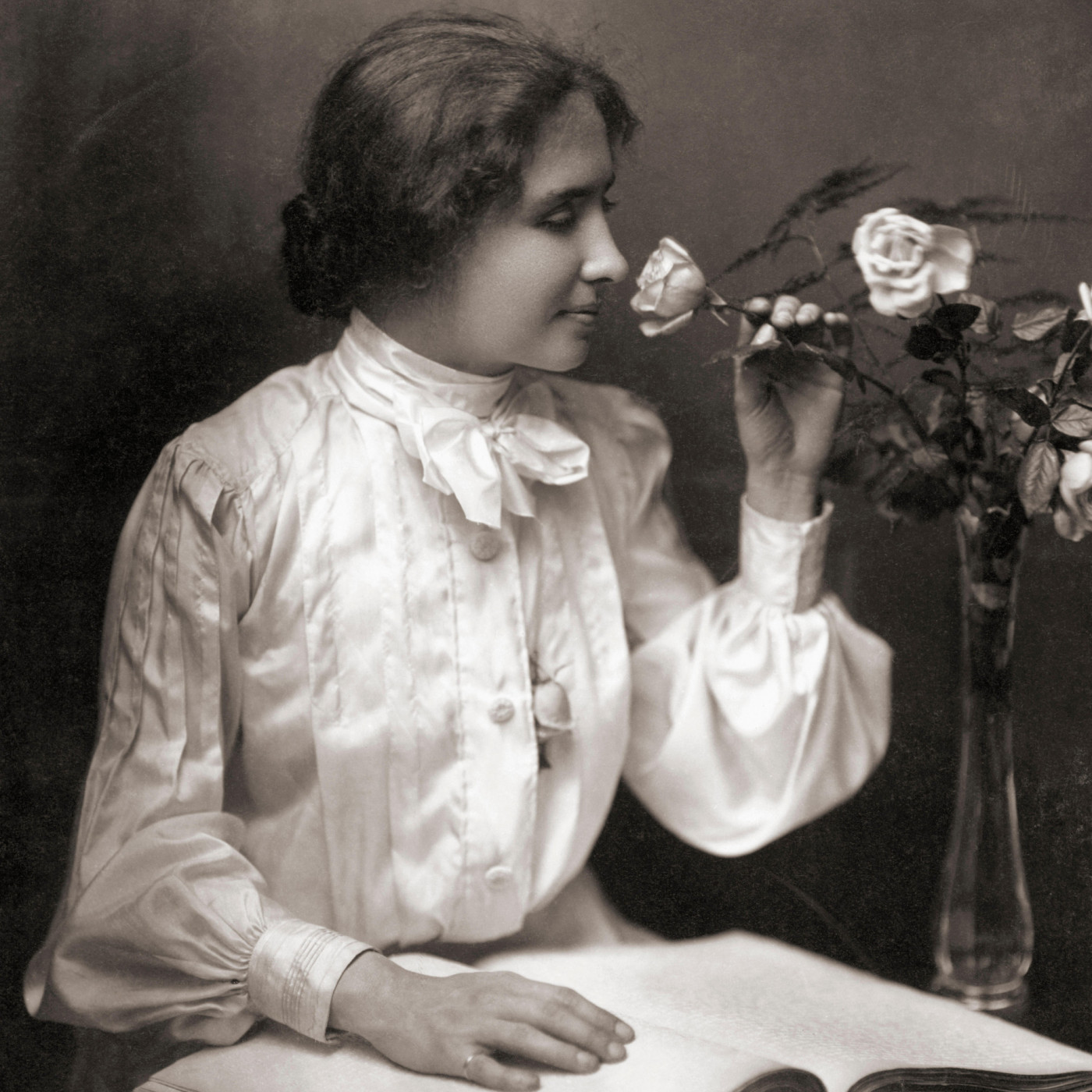
'Character cannot be developed in ease and quiet. Only through experience of trial and suffering can the soul be strengthened, vision cleared, ambition inspired, and success achieved.'
—Helen Keller(1880-1968). Undeterred by deafness and blindness, Helen Keller rose to become a major 20th-century humanitarian, educator and writer. She advocated for the rights of blind people and for women's suffrage, and co-founded the American Civil Liberties Union.
As a gift of the Holy Spirit, fortitude empowers believers to surpass their natural capacities—granting them courage, perseverance, and moral resolve through the divine. Nevertheless, it is necessary to work on perfecting this vital virtue throughout our lives.
Here's what I learned from Cushla about strengthening spiritual fortitude :
(i) 'Sit with it, ' she'd say to me when I was undergoing a trial. I tend to distract myself by seeking advice from all and sundry or complaining to anyone who will listen. Instead, Cushla would counsel me to 'sit with it,' feel the pain, and not indulge in maudlin or self-pity. By staying with discomfort and suffering, I eventually felt better over time. More importantly, I had strengthened my fortitude 'muscle'.
(ii) 'Put God first': she'd remind me when I'd make excuses not to pray. Cushla's spiritual discipline was the key that gave her the grace of divine peace and the supernatural strength she needed. Her spiritual regimen included prayer, meditation, spiritual reading, attending daily Mass and serving others.
(iii) Her love of God and others gave her not only the strength and courage to endure hardships but to find hope in the most trying of circumstances. She would have heartily agreed with Thomas A Kempis take on love in his book, The Imitation of Christ :
'Love does not meet standard requirements; it goes beyond all measurements.
Love notices no burdens,
thinks nothing of its labours,
willingly does more than it is able,
pleads no excuse of impossibility;
believes it can accomplish anything.
And it can. It makes up for any shortcomings; it opens the door for many possibilities.'
Share this article
Categories
in your inbox

Fortitude & Resilience


